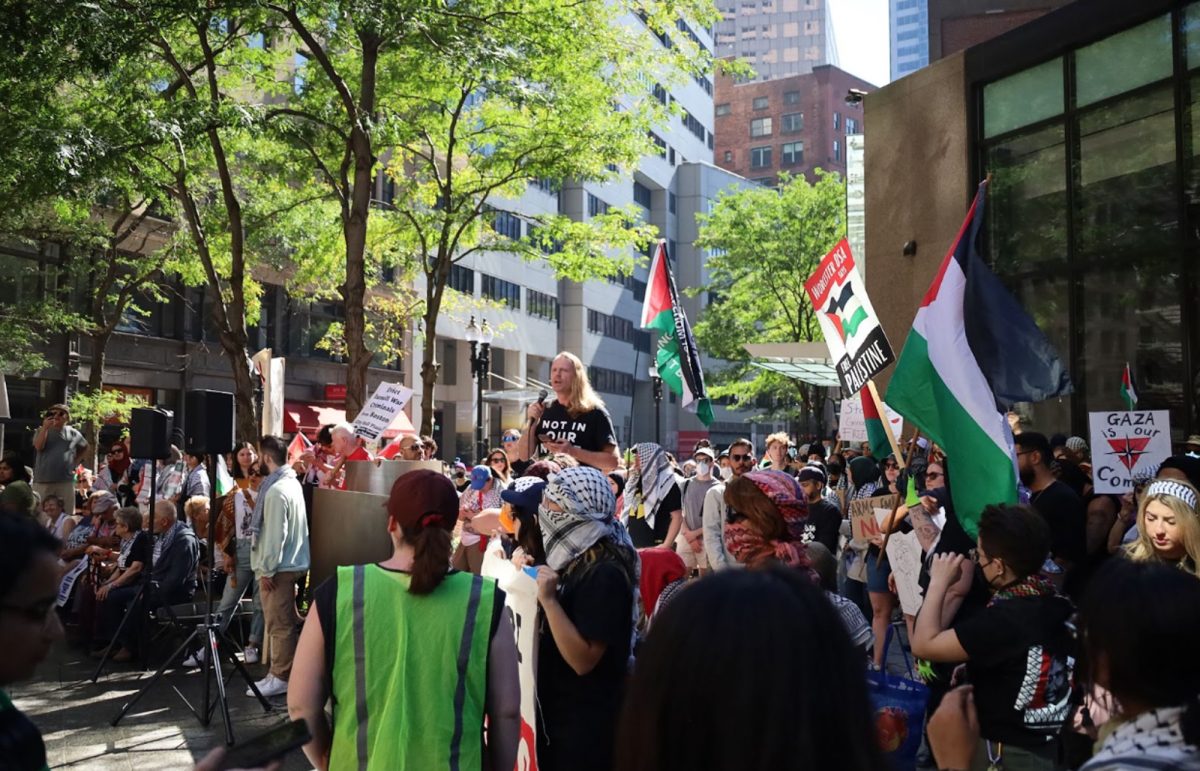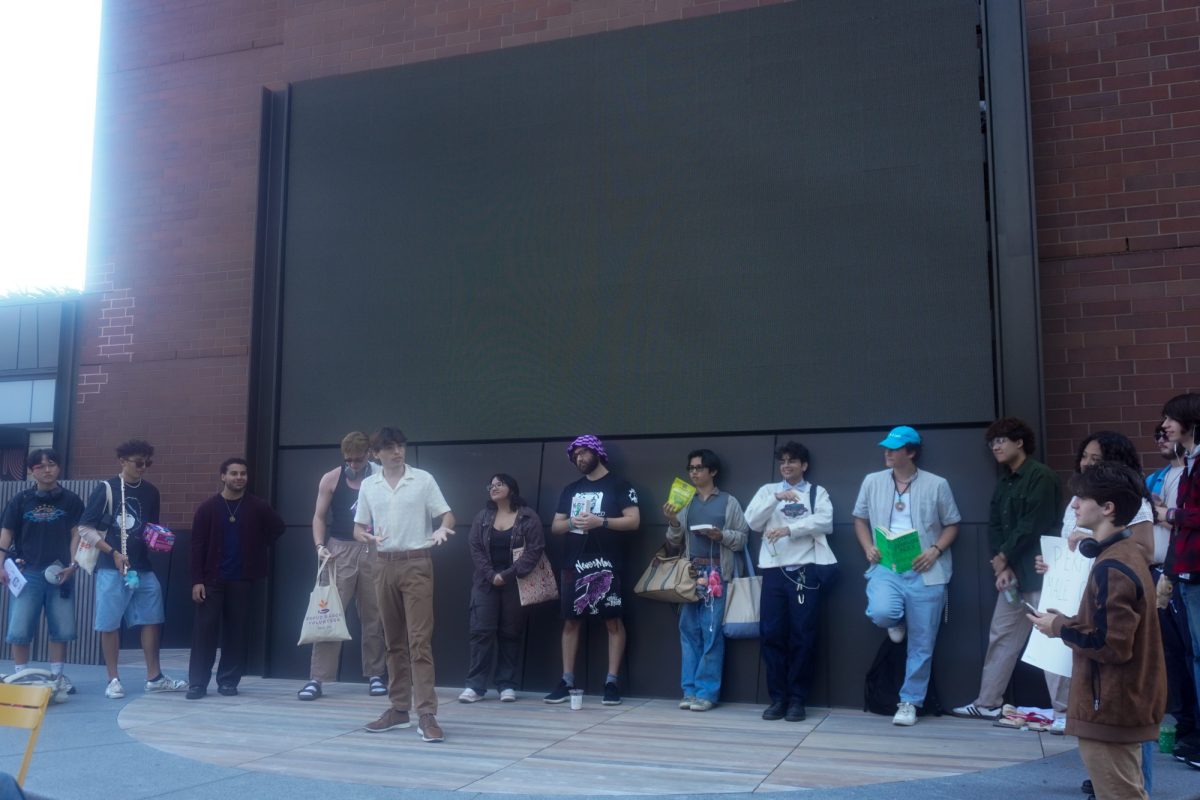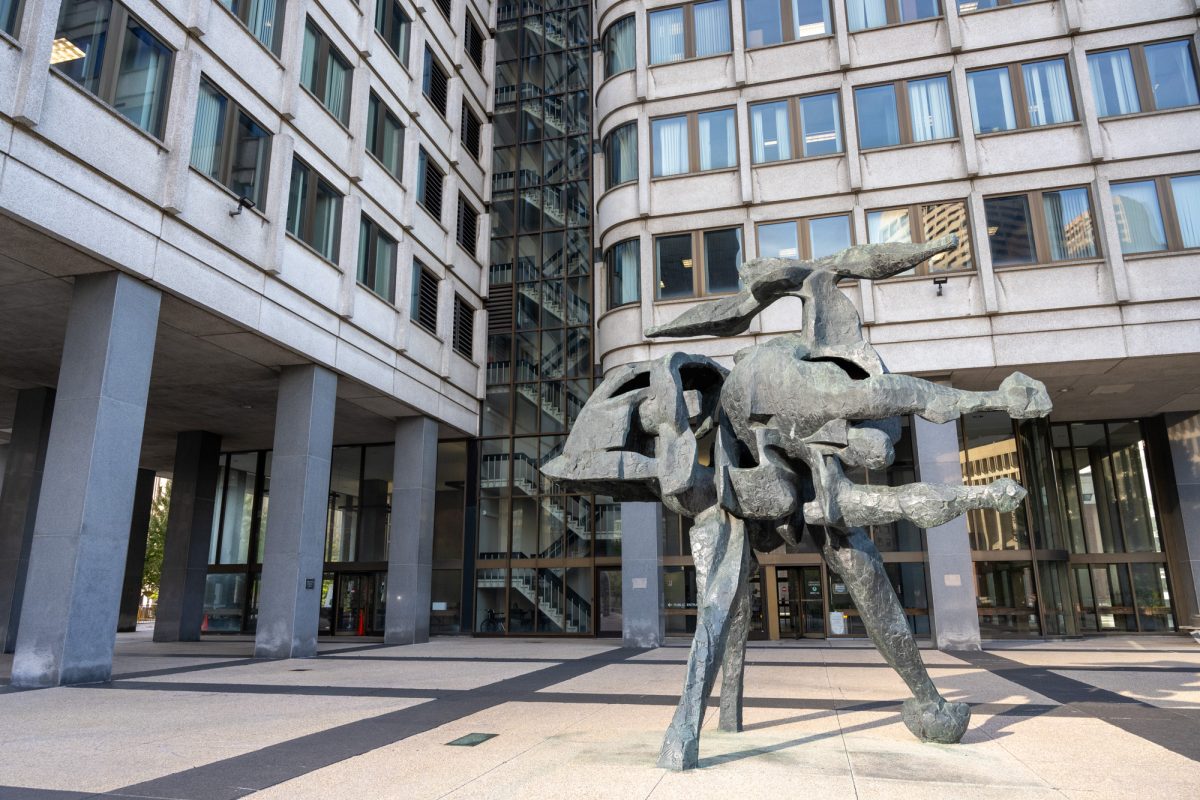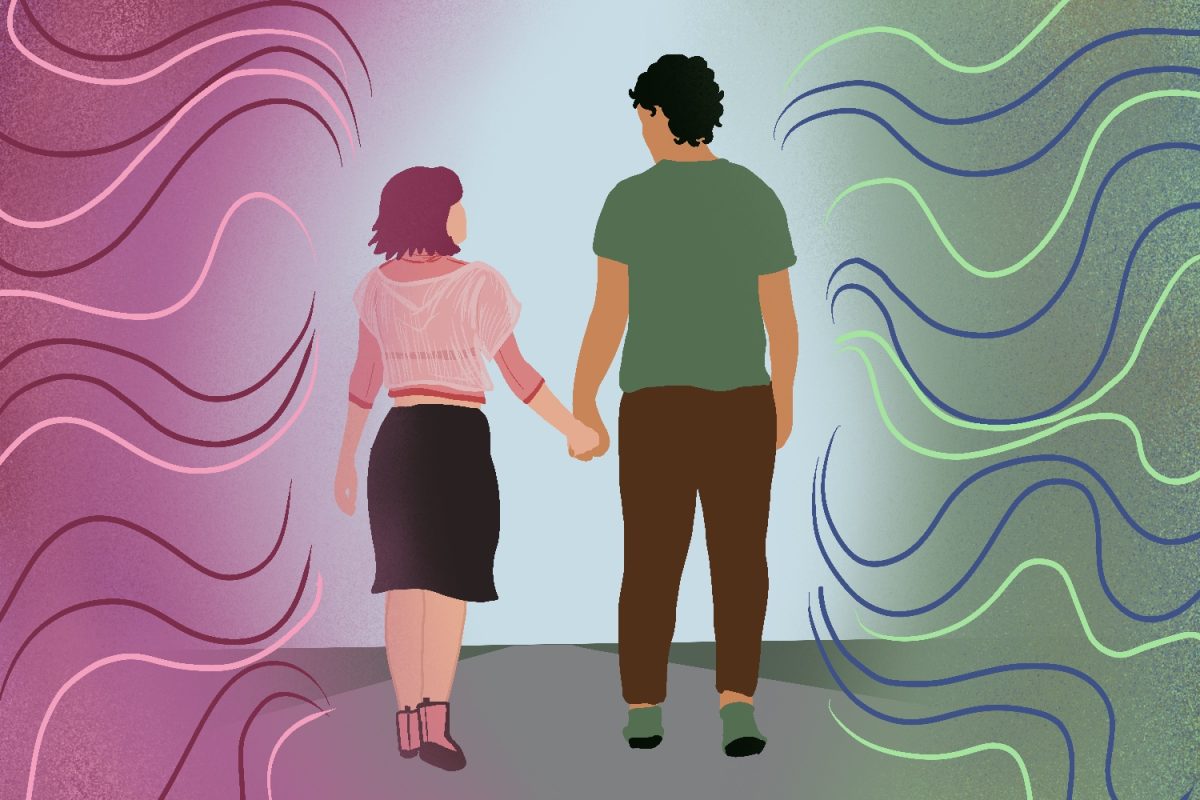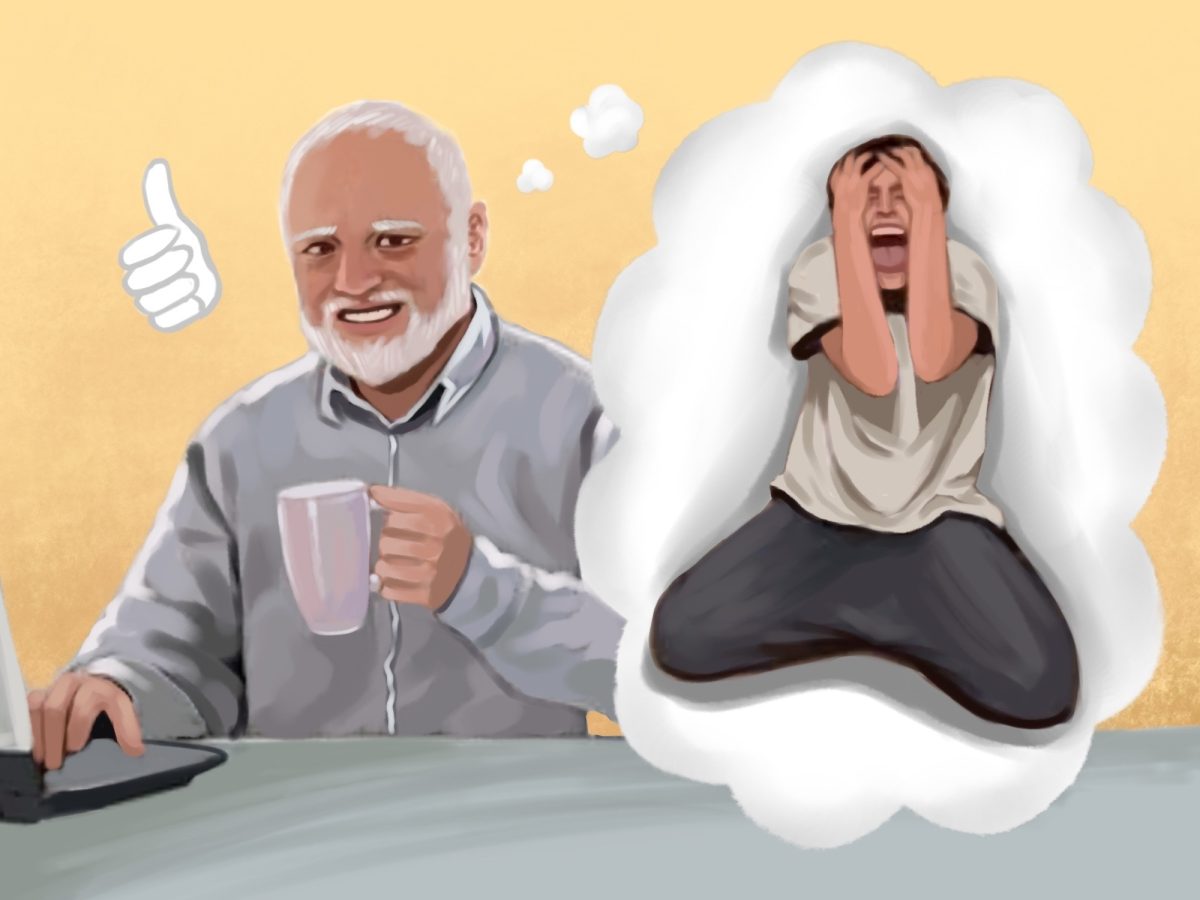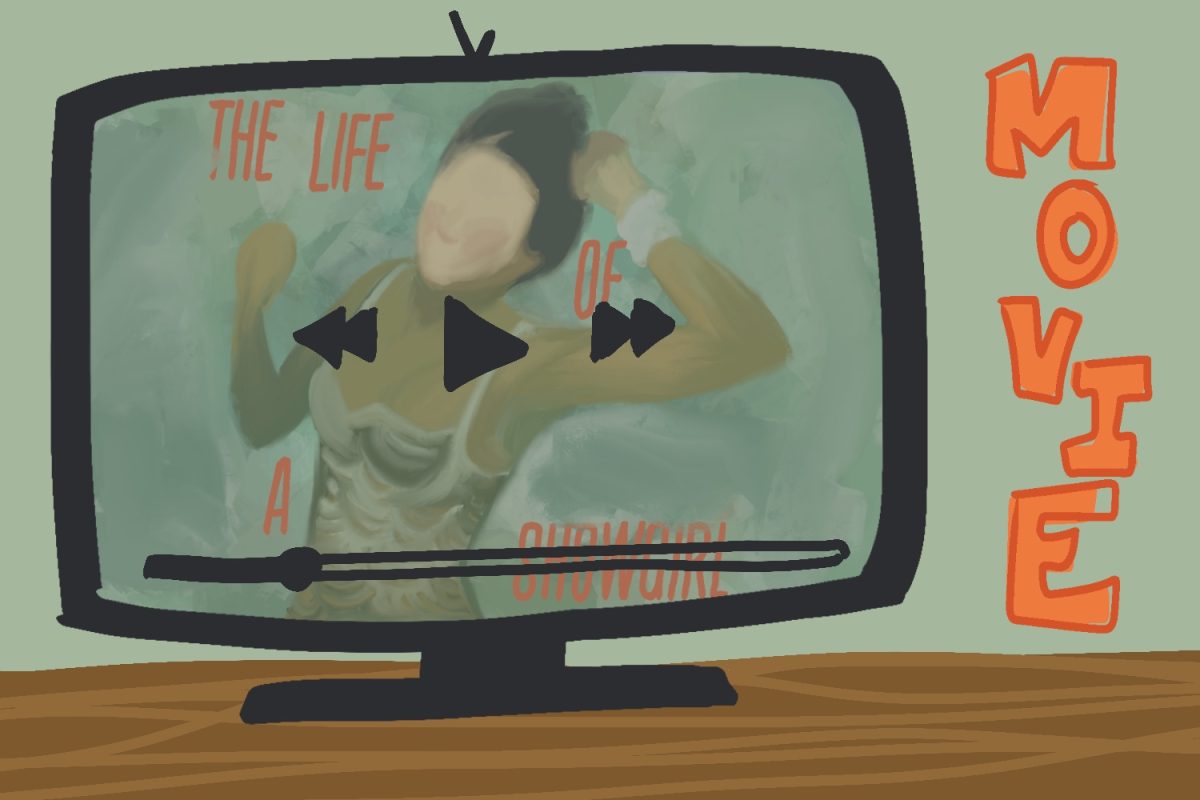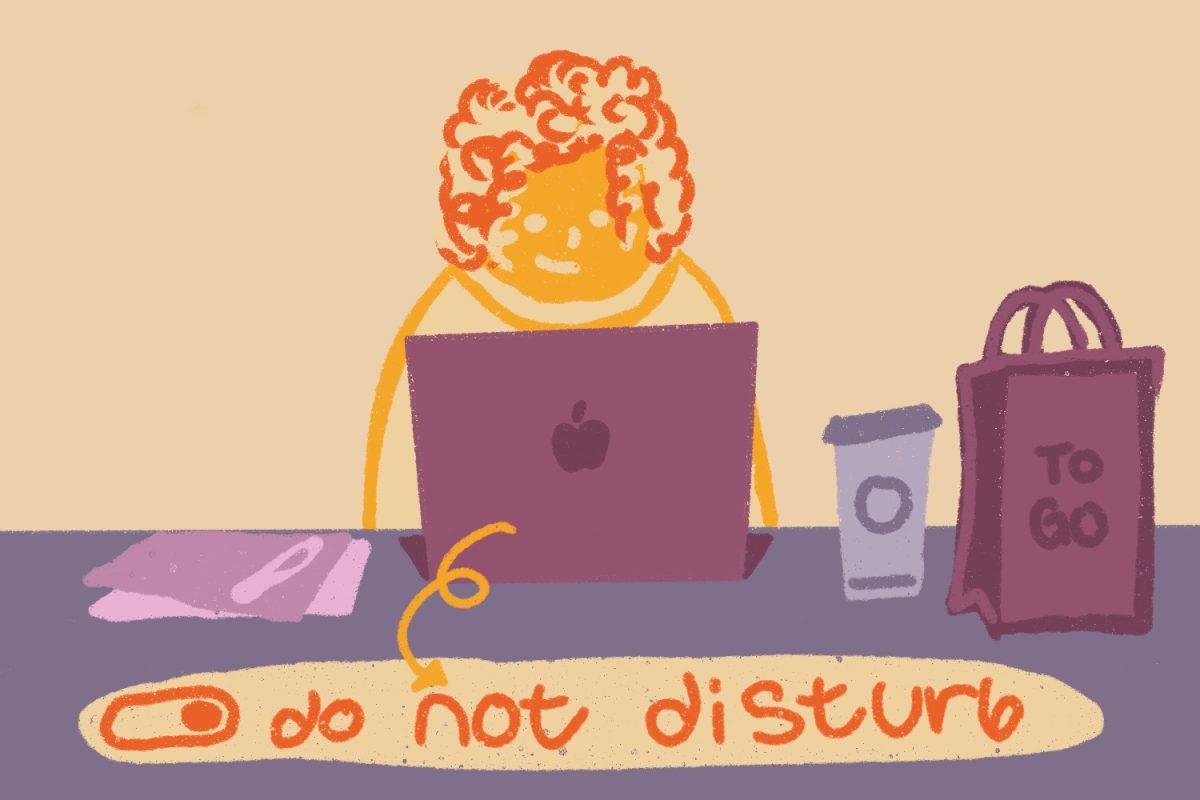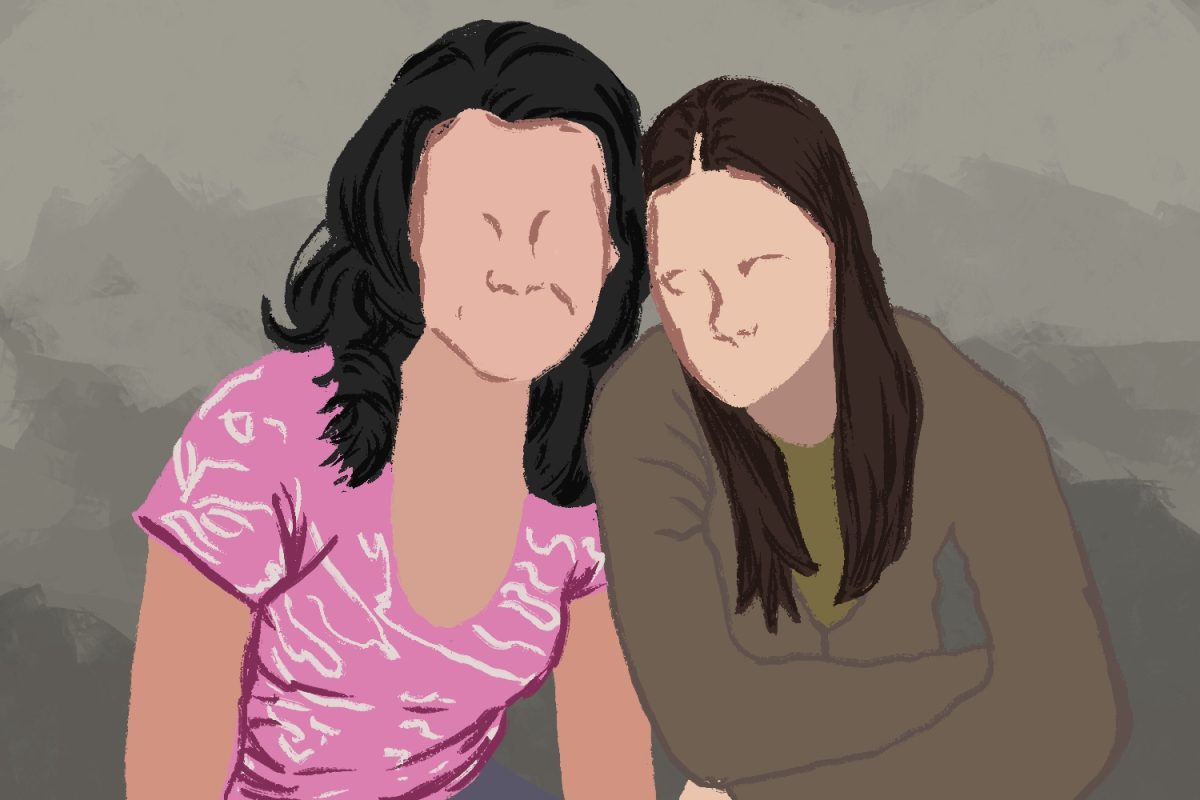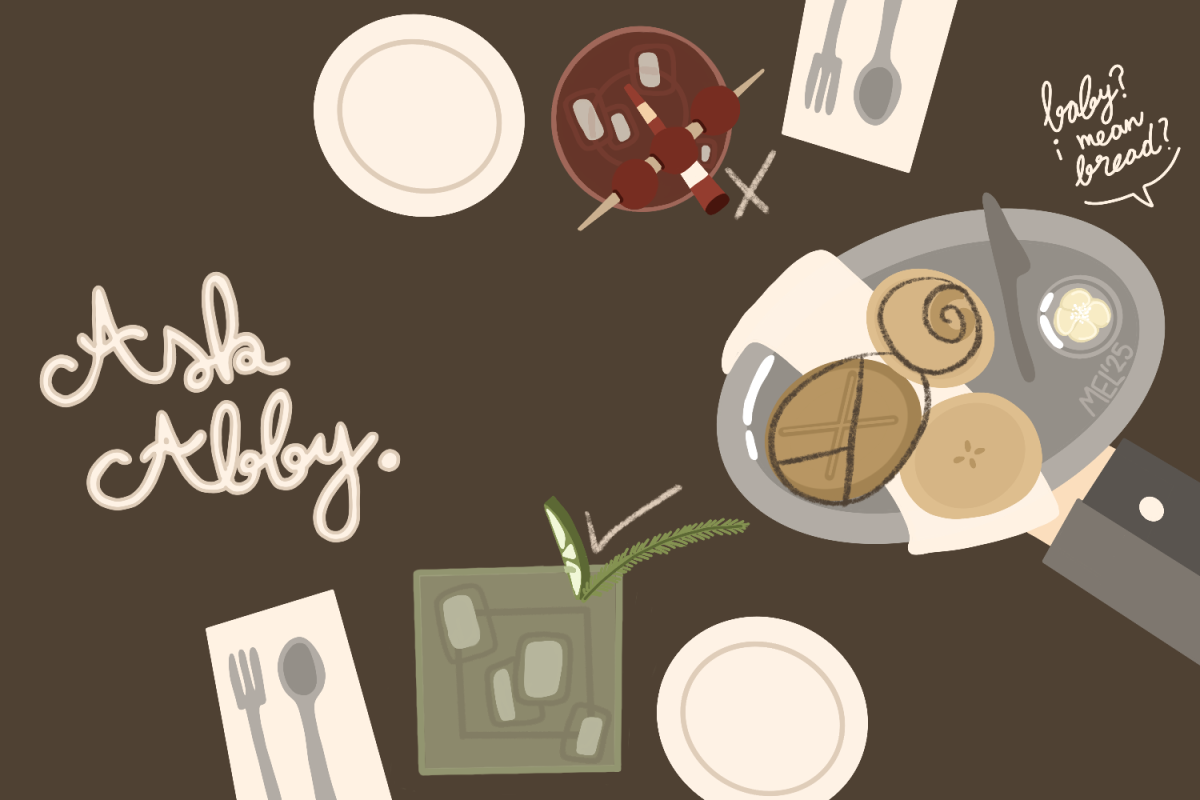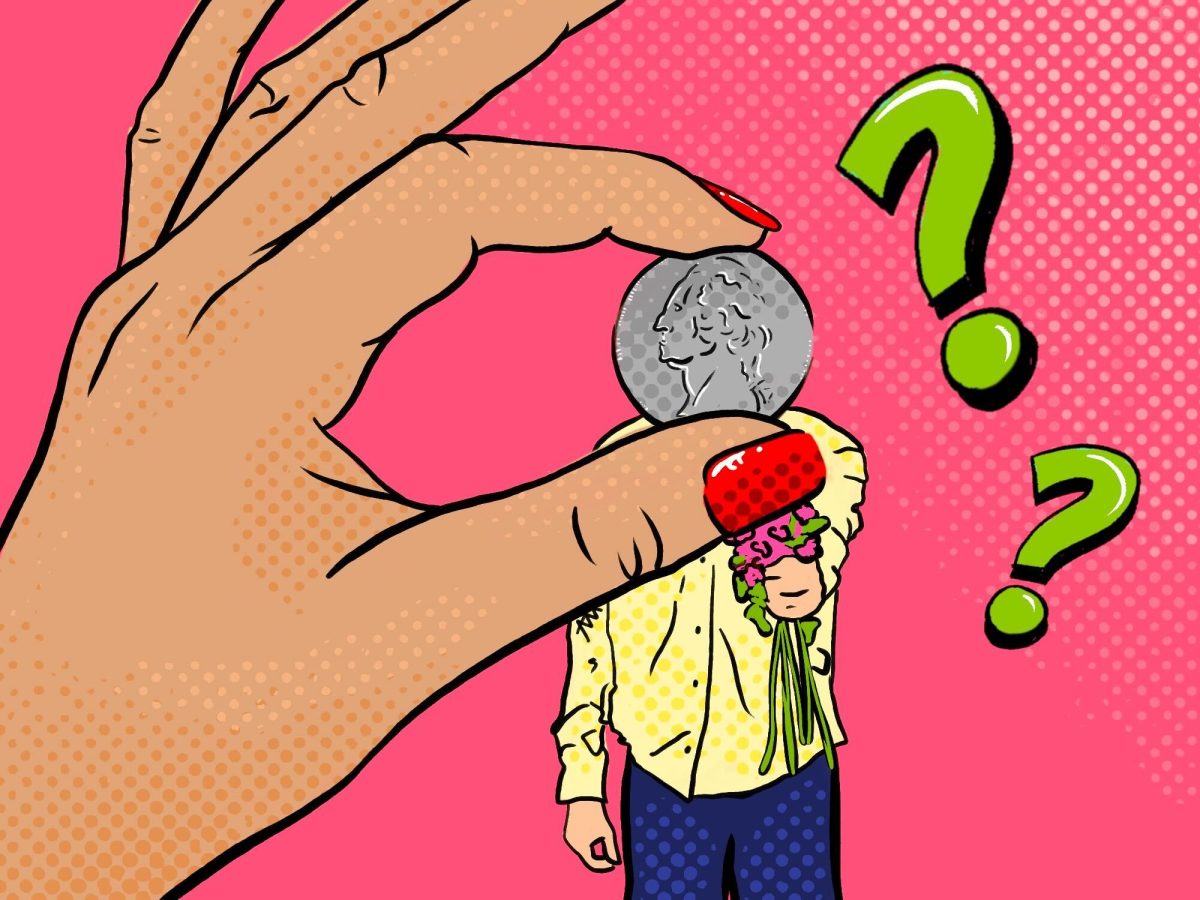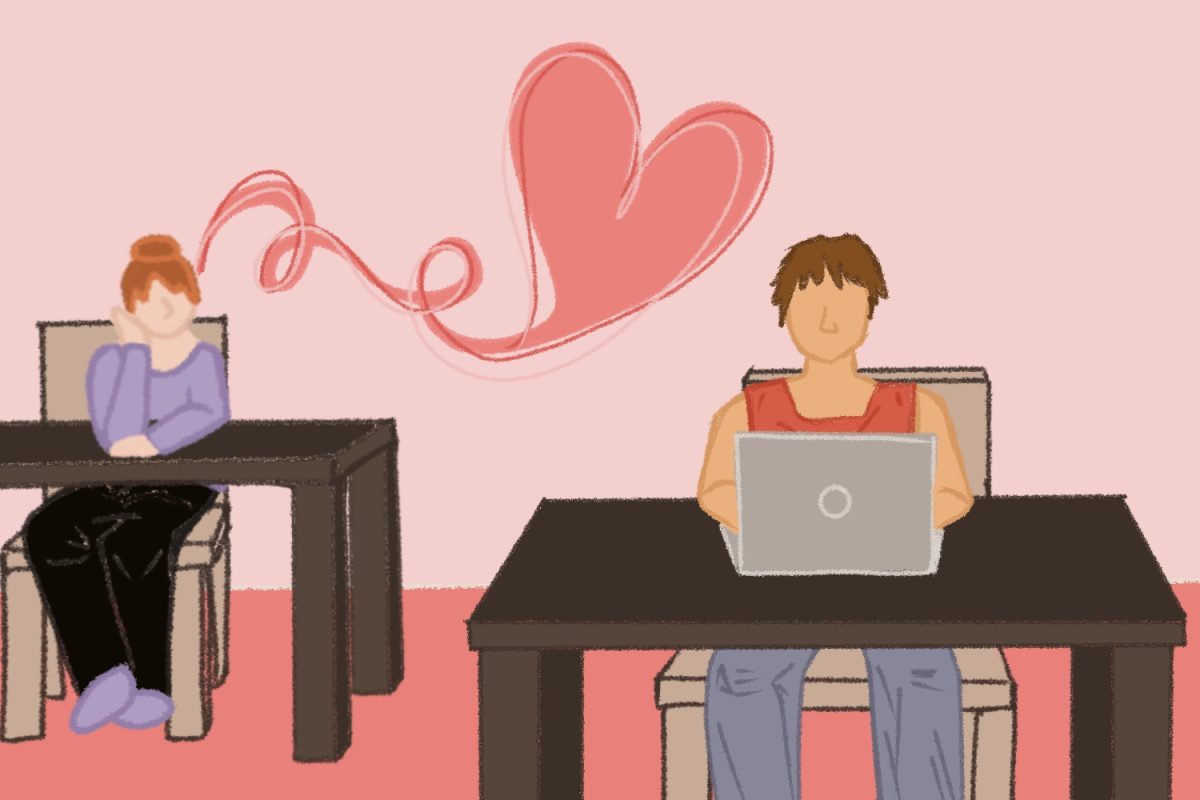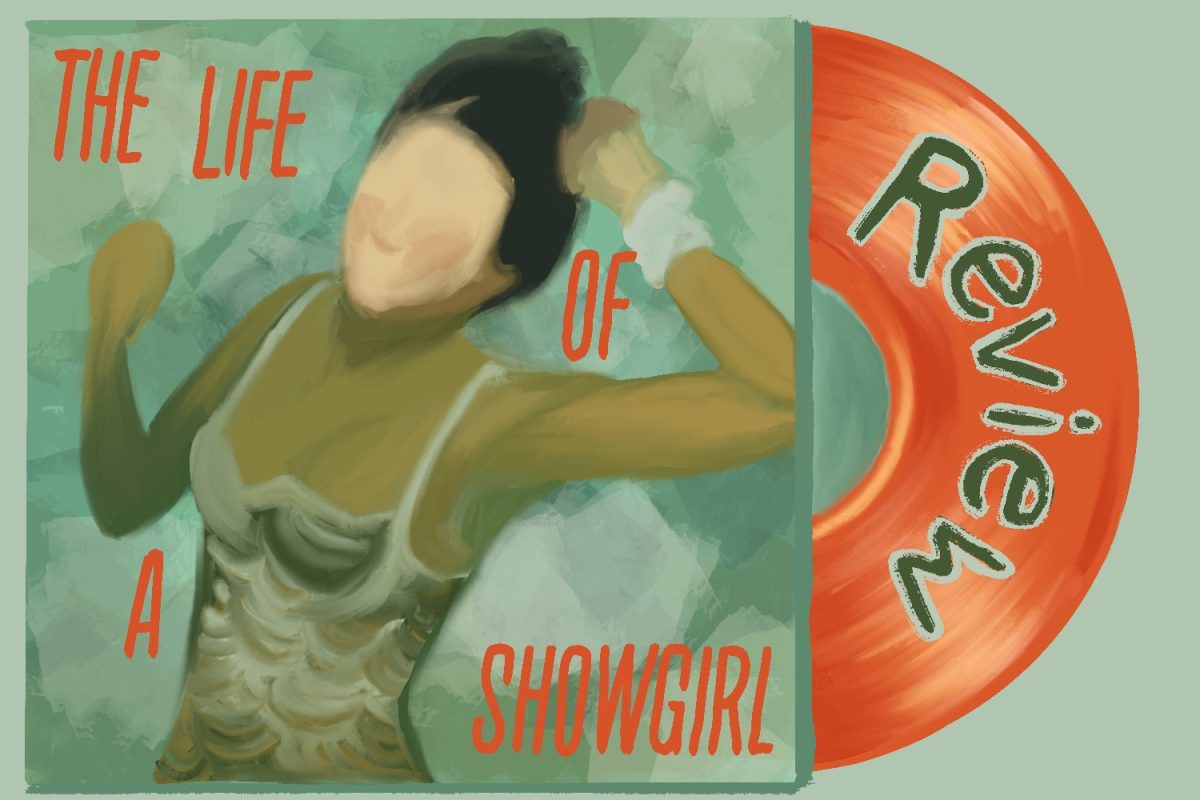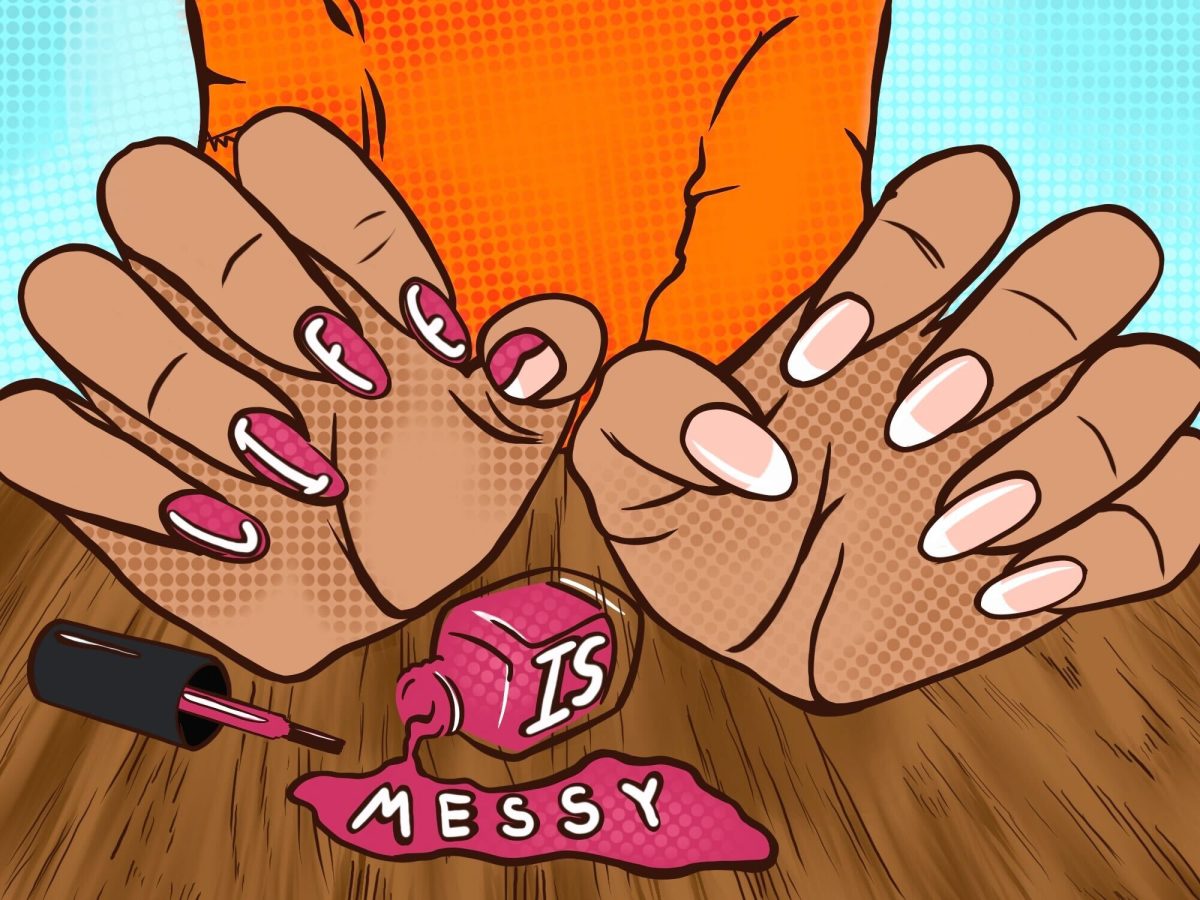Dear Abby: I don’t know how to balance love, school, social life, parties and side activities. I want to be successful at everything, but I feel like when I’m in a relationship, I abandon school and my passions. This is why I don’t want to be in a relationship anymore. I feel like I focus on myself more if I’m alone — does that make sense? When I’m in a relationship, I only care about that person and everything else becomes unimportant to me, but I don’t want to be that way. Please help!
It always starts the same way.
You meet someone, they’re charming, they get your jokes and they remember how you take your coffee. One week in, you’re texting nonstop. Two weeks in, your calendar is suspiciously empty. Three weeks in, you’re skipping the gym, pushing deadlines and canceling plans with friends because nothing feels as important as being with them.
At first, it feels like magic or like gravity — it’s love doing what love does.
But then something shifts. Quietly, almost imperceptibly, you start disappearing — from your goals, your routines and your passions. You stop recognizing the version of yourself who used to chase dreams with her hair tied up and her schedule packed.
And I get it, I really do — love is a powerful force. But we as individuals are even more powerful and cannot afford to shrink in the presence of someone else. The more I thought about this spiral of all-encompassing infatuation you’re trapped in, I couldn’t help but wonder: How do we avoid being swallowed whole by love?
The truth is, you can love someone but still lose yourself in the process
This isn’t about being weak or codependent. It’s about how easy it is — especially for driven, passionate people — to redirect all that energy toward someone else. We want to show up fully in love, to give generously and to be present as we like to do in all other aspects of our lives. But without clear boundaries and a strong sense of self, love can turn into a detour instead of a partnership.
What’s hard to admit is, sometimes, being alone brings out the best in us. It sharpens our focus, reignites our passions and reminds us of what we truly want for ourselves. That realization can feel both empowering and terrifying.
If I become less of myself in love, does that mean I’m not ready for it?
That’s not necessarily true, but it may mean this:
You’re ready to build a life before inviting someone into it
Relationships should amplify who you are — not eclipse you. The right love won’t compete with your goals, but will complement them. And you won’t have to choose between your ambition and your heart — you’ll have space for both.
But until you find that kind of balance, it’s okay — and wise — to prioritize yourself. You can stay single — not out of fear, but out of clarity. You can use this season of solitude not as a waiting room for romance, but as a time to build something solid, rooted and uniquely yours.
So, how do you keep yourself from drowning in love?
Not all hope is lost for you. The success of dating is heavily dependent on what priorities we set and what order we place them in.
Balance is possible, but like anything worth having, it takes work. If you tend to disappear into your relationships, here are a few grounding practices to keep you, well, you.
First things first: Keep your own calendar sacred.
Block time for yourself the way you block time for your partner. Study, move your body, see your friends and pursue your passions uninterrupted. You don’t need to earn solo time — it’s part of being whole.
Let your partner know this is important to you — not because you’re pulling away, but because you want to stay grounded. A healthy partner won’t take that personally. They’ll respect your commitment to yourself.
Don’t apologize for the hours you spend alone. That’s where your center lives. If everything on your calendar can be canceled for someone else, it’s not a schedule — it’s an open door.
Second, make sure to check in with yourself weekly.
Ask yourself: “What have I done this week just for me?” If you’re struggling to answer, that’s your cue to realign.
Third, don’t merge your identity — share it.
There’s beauty in closeness, but be mindful not to collapse into one another. Keep your rituals, your weird little hobbies and your quiet ambitions. Let love be a companion to your identity — not a replacement for it.
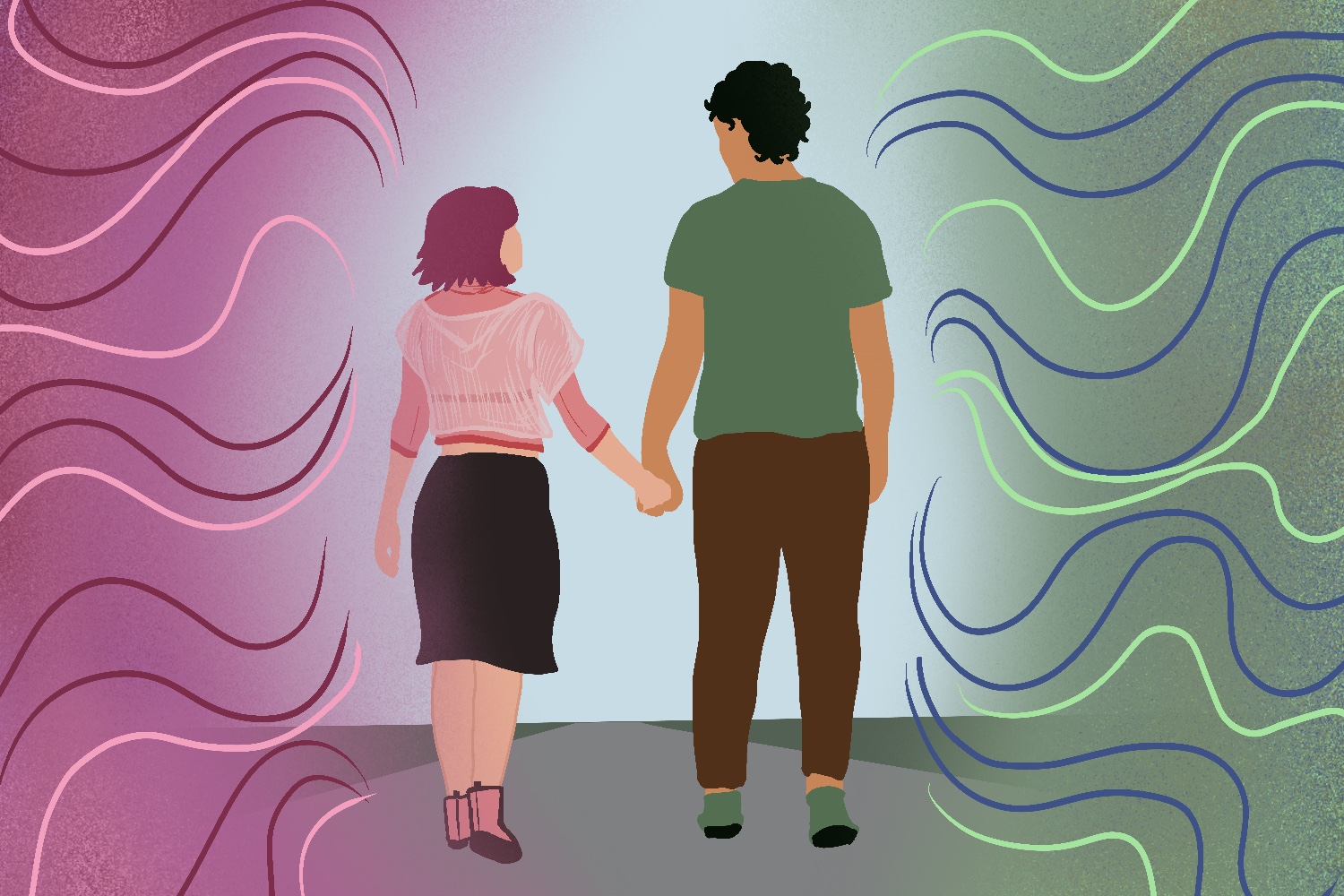
My point
From literature to cinema, love is framed as the climax of life — the ultimate reward and the final destination. We’re not taught to integrate love into a full life — we’re taught to chase it, win it and then build the rest of our world around it.
So when you find love, it’s easy to unconsciously prioritize it over everything else, instead of alongside.
But when love becomes your only anchor, you risk drifting from yourself. And ironically, this often leads to the very thing you’re afraid of: resentment, loss of self and eventual disconnect from your partner.
Relationships aren’t meant to replace your life — they’re meant to expand it.
You can still chase your ambitions, build your routines, nurture your friendships and cultivate joy independently while loving someone deeply. But it requires conscious effort. It requires, as philosopher Alain de Botton puts it, a shift from romantic idealism to emotional maturity.
Love is powerful because it feels like it really is everything. But it’s only sustainable when you remember that it’s a part of your life — not the whole of it.
Your ambitions, your curiosity, your stillness and your creativity are not obstacles to love. They’re the very qualities that make you lovable.

